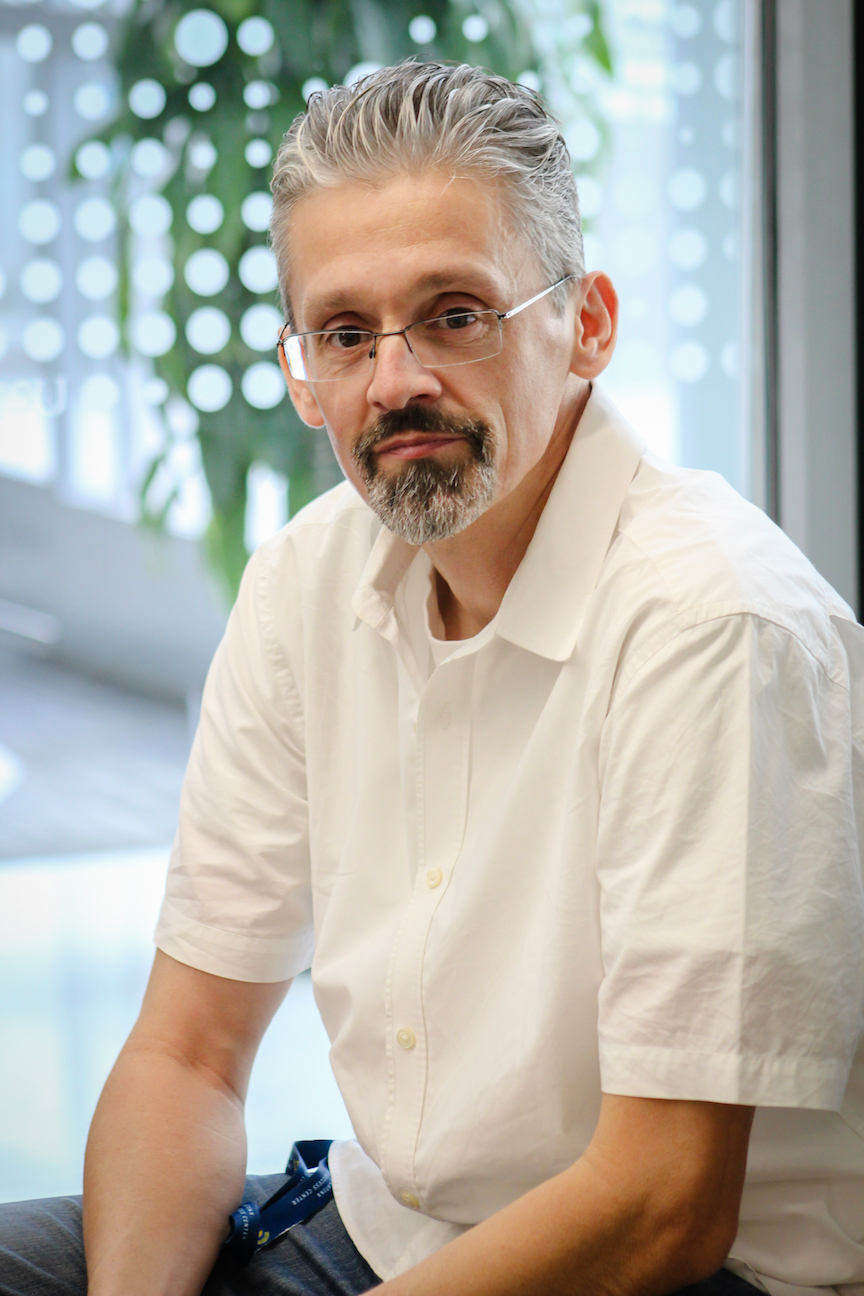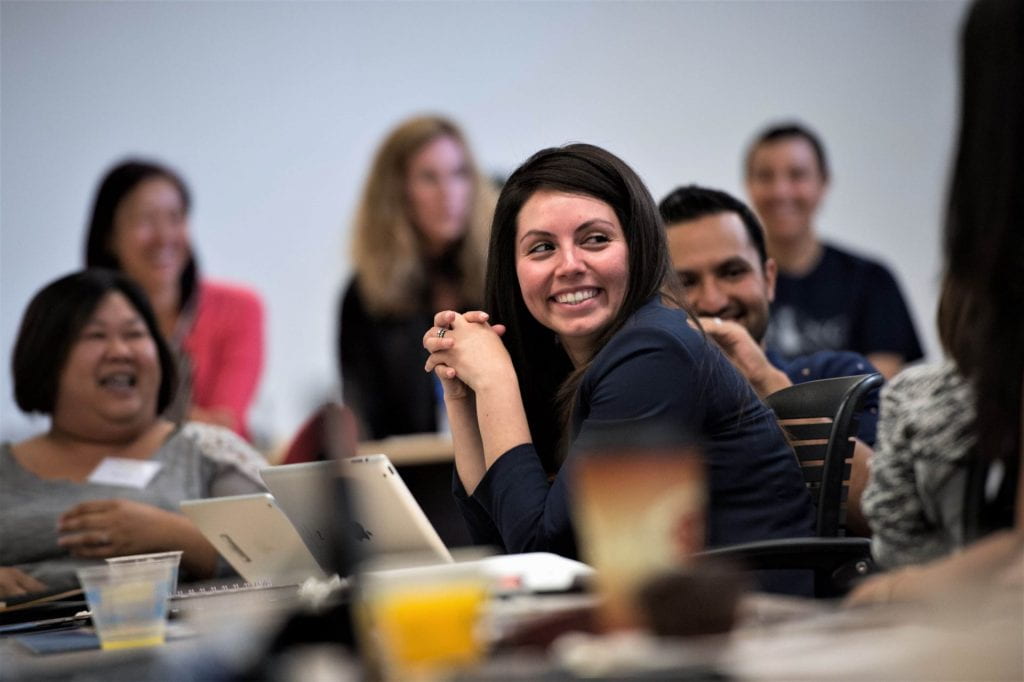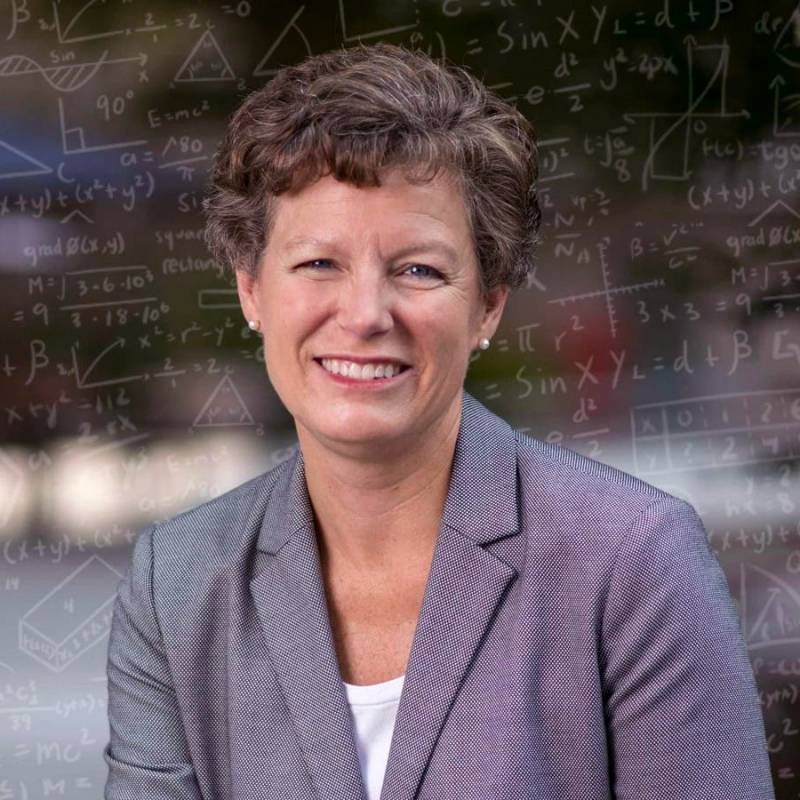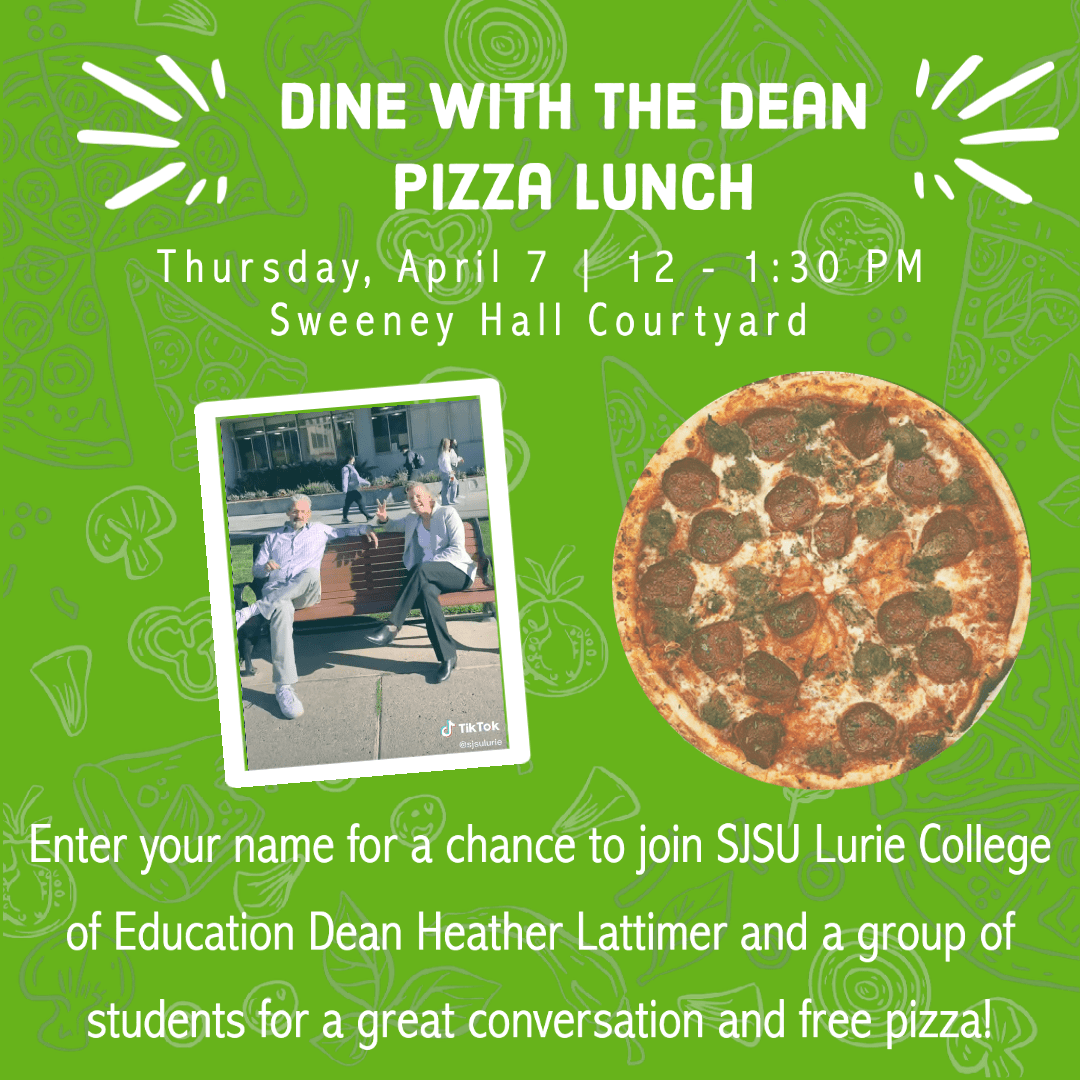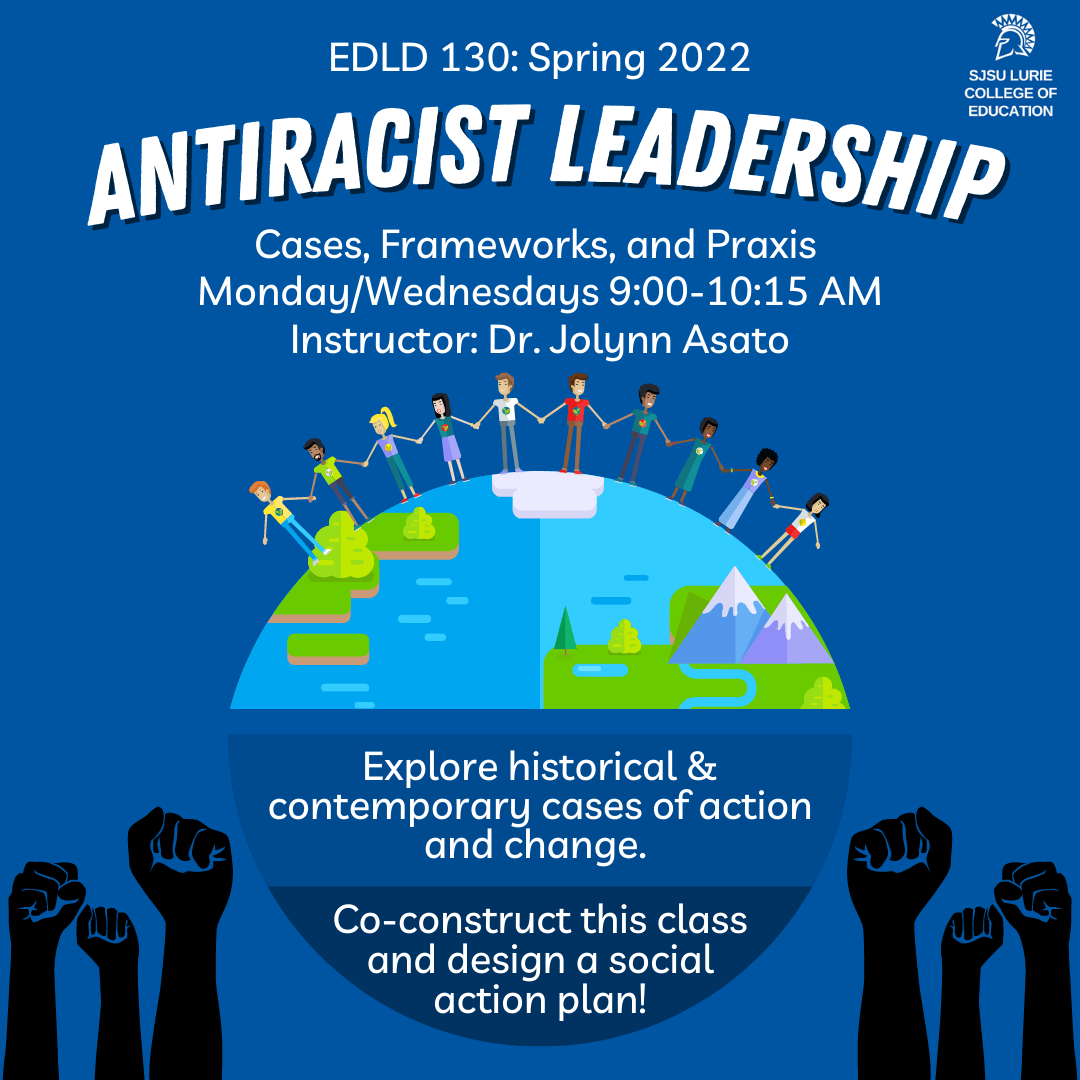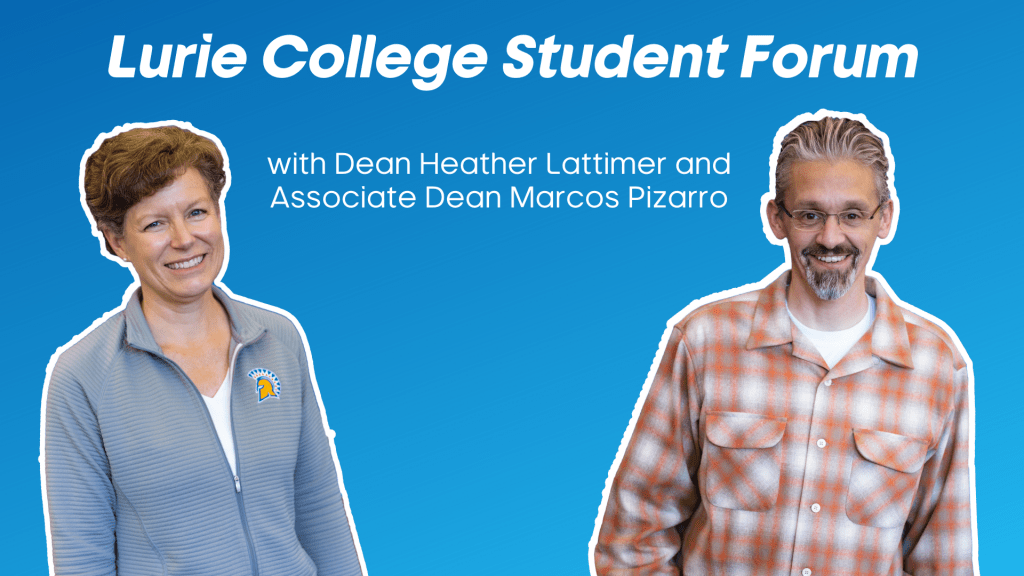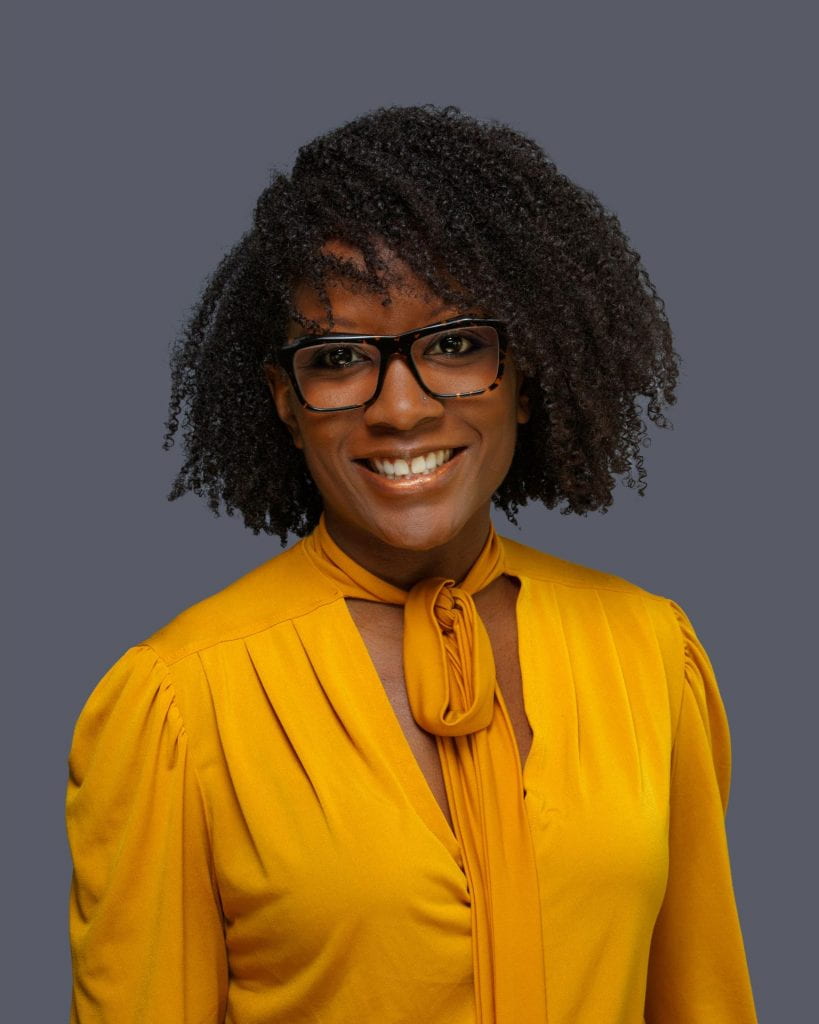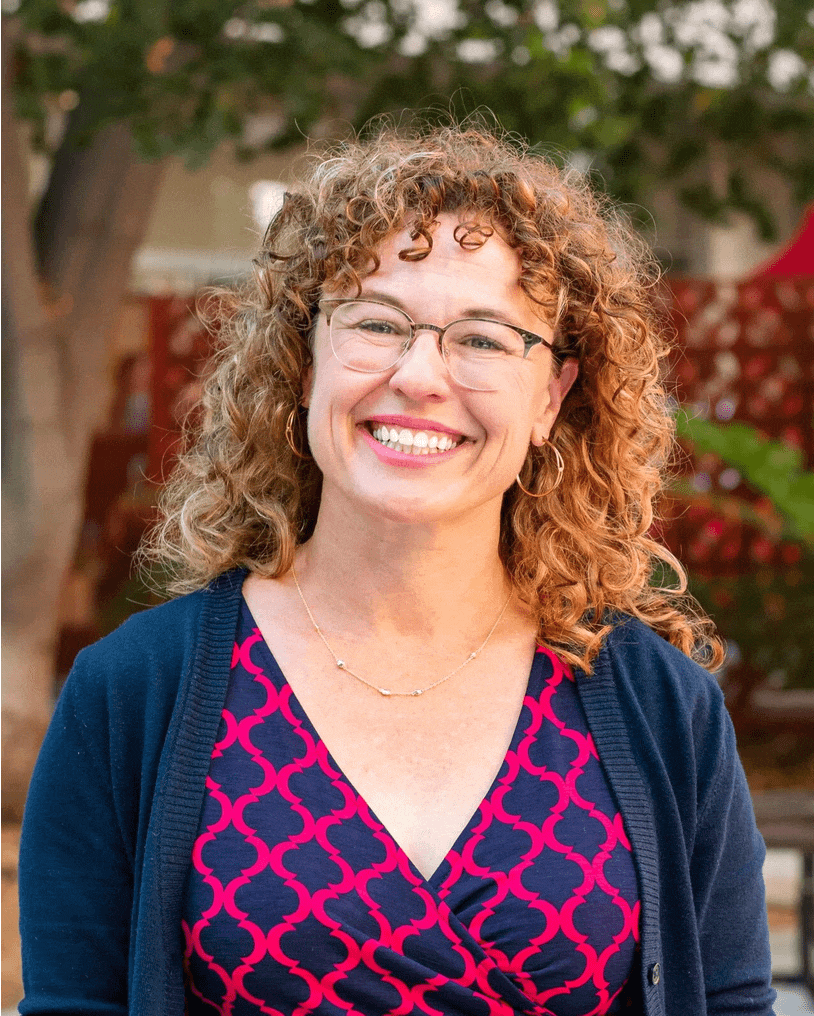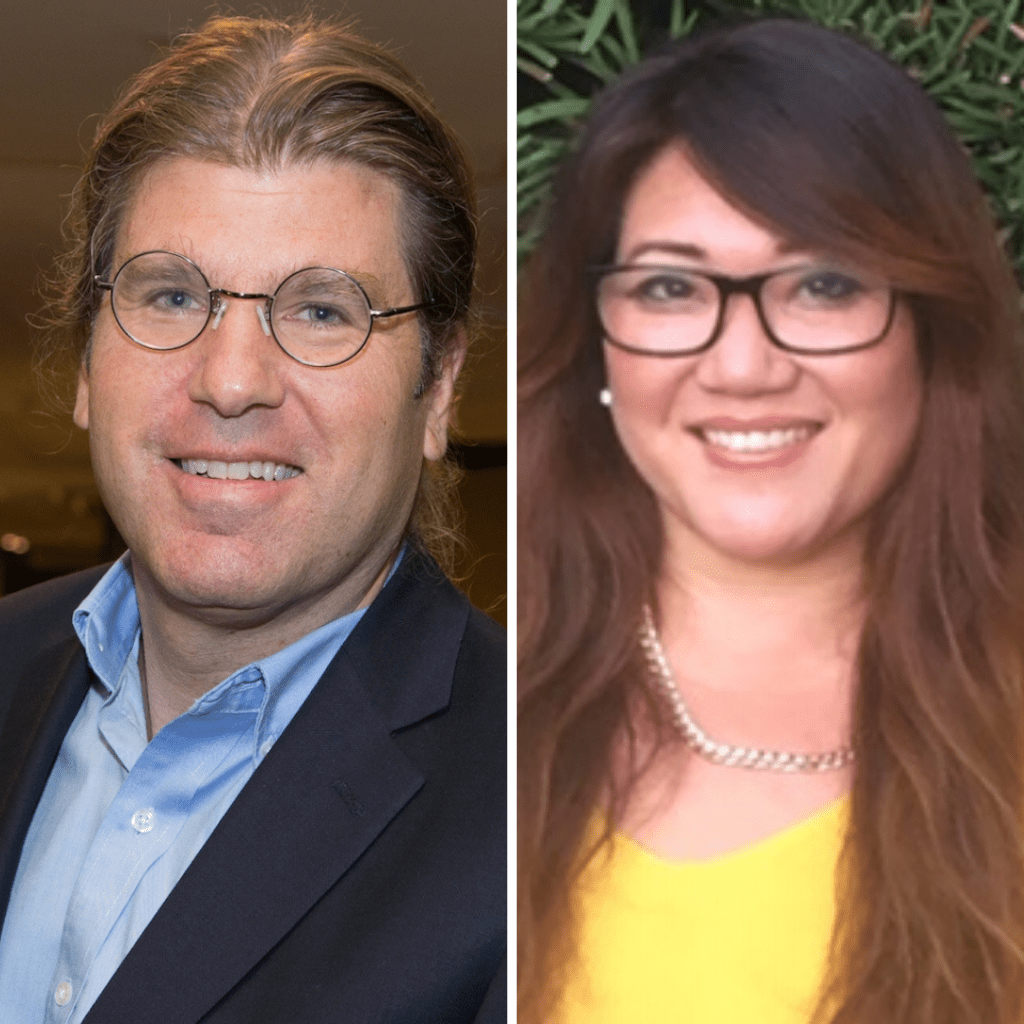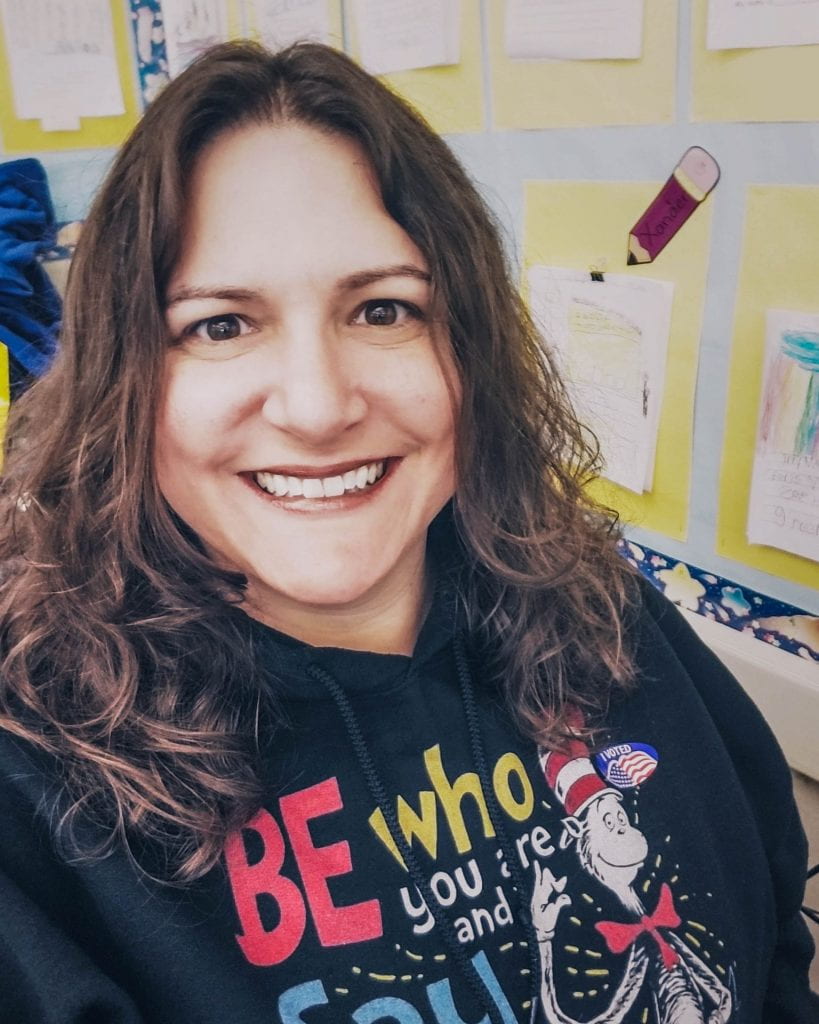During the Spring 2021 semester, Lurie College faculty, staff, and students were able to apply for grant funding for projects that aligned with the priority areas of our strategic plan – community engaged, culturally sustaining, holistic, and interdiscplinary. Congratulations to all of our teams who were awarded funding for the following projects for the 2021-2022 academic year!
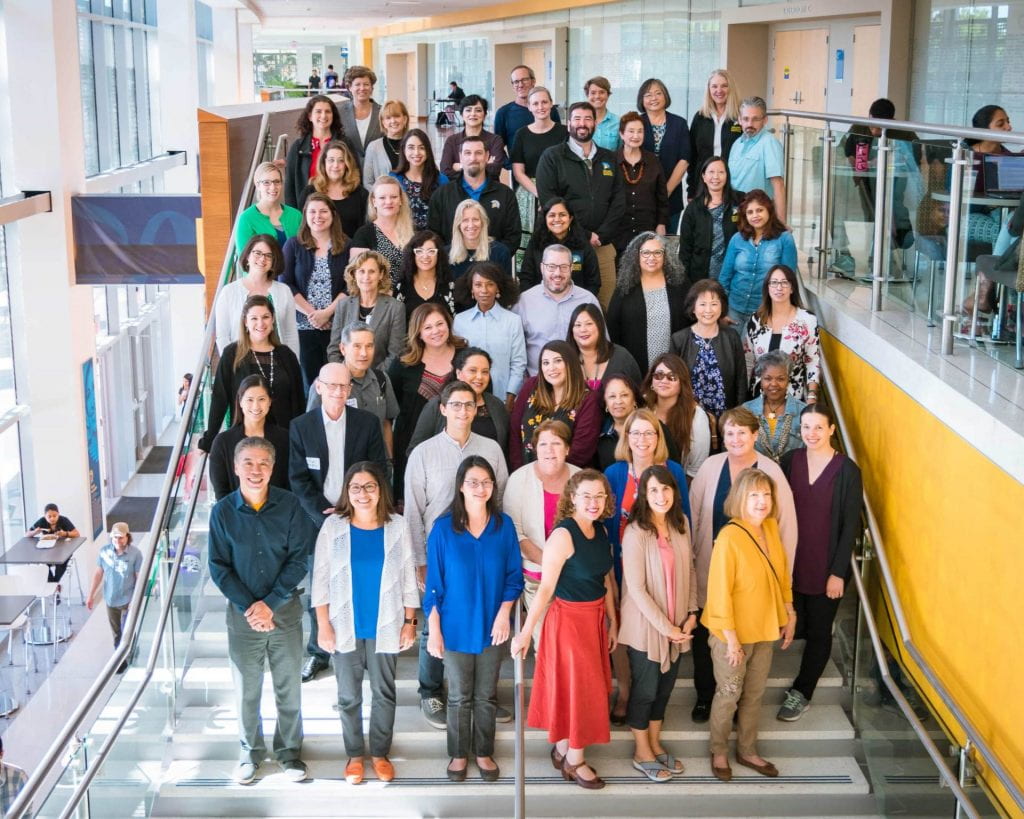
“Bilingual Communication Project”
Project leaders: Peitzu Tsai, PhD – Faculty, Communicative Disorders and Sciences; Lyle Lustigman, PhD – Faculty, Communicative Disorders and Sciences; Janet Bang, PhD – Faculty, Child and Adolescent Development
Project description: Nearly half of the people in California speak a language other than English, including 40% of students in public education, and more than 60% of young children under age 5 are dual language learners (CalEd Facts, 2019; Census, 2020; Holtby, Lordi, Park, & Ponce, 2017). However, support for dual language learners has been challenged by lack of available high-quality assessment (Chernoff, Keuter, Uchikoshi, Quick, & Manship, 2021) and limited evidence-based information on dual speech-language development across languages in early childhood. Without empirical evidence, clinicians and educators are often required to make decisions based on judgments that are at risk of biases, particularly while serving clients and families whose cultural-linguistic backgrounds differ from their own. Strengthening our understanding of dual speech-language development can not only establish high-quality, evidence-based, developmentally-appropriate, and culturally-responsive practice guidelines, but also prepare future clinicians and educators to curb biases and make equitable and holistic decisions while serving children and families with diverse backgrounds. This current project aims to examine speech fluency patterns in the course of bilingual language development in Mandarin-English speaking children to provide future clinicians and educators training in differential diagnosis and recognizing signs for referral related to bilingual fluency development, provide evidence for the professional communities about bilingual fluency development, signs for referrals and appropriate clinical services, increase collaboration between SLP and ChAD undergraduate and graduate student training to inform curricular design in enhancing interdisciplinary student engagement in research and community service, and provide developmentally appropriate and culturally sensitive information for bilingual families in relation to supporting speech and communication in young children at home.
“Creating an Inclusive Climate: Queering Our Classrooms and Our Campus”
Project leaders: Robert Marx, PhD – Faculty, Child and Adolescent Development; Kyoung Mi Choi, PhD – Faculty, Counselor Education; Frank Peña – Outreach Coordinator, The LGBTQ Youth Space
Project description: If you’re hoping to make your class, office, or programming more accessible for and supportive of your queer and trans students and coworkers, be on the lookout for upcoming training sessions and a professional learning community supported by the Strategic Plan Seed Grant. “Creating an Inclusive Climate: Queering Our Classrooms and Our Campus” represents a partnership between the Lurie College of Education and The LGBT Youth Space to offer introductory and advanced trainings at the department and college level around topics like pronouns and vocabulary terms, the hidden curriculum in our classes, and creating opportunities for authentic self-expression. We will also be hosting a Professional Learning Community for faculty and staff who want to more deeply engage in the work of transforming their corner of the campus into a queer-affirming space.
“Early Childhood Connections”
Project leaders: Joy Foster – Faculty, Child and Adolescent Development; Jessica Fraser – Faculty, Child and Adolescent Development
Support team: Iya Namata – Student, Child and Adolescent Development; Isabel Vallejo, EdD – Staff, Dean’s Office; Andrea Golloher, PhD – Faculty, Special Education; Donna Bee-Gates, PhD – Faculty, Child and Adolescent Development; Maria Fusaro, EdD – Faculty, Child and Adolescent Development
Project description: Early Childhood Connections brings together a cohort of SJSU Lurie College of Education students and recent alumni from across disciplines, who are in pursuit of careers involving young children. Through virtual meetings, ECC provides a space for participants to cultivate relationships, build community, and learn from community partners.
“Enacting Emancipatory Education: The Development of an Intersectional Disability Studies Strand (IDSS) at SJSU”
Project leaders: Saili Kulkarni, PhD – Faculty, Special Education; Sudha Krishnan, EdD – Faculty, Special Education
Project description: This project seeks to develop an Intersectional Disability Studies Strand (IDSS) under the existing Institute for Emancipatory Education (IEE) at San Jose State University. Housed in the Lurie College of Education under the Institute for Emancipatory Education, the (IDSS) at San Jose State University will serve as a community-engaged, culturally sustaining space that centers disability visibility and disability as an intersectional identity. Our strand is defined as a space within the IEE that would provide specific resources and supports to engage intersectional disability studies and accessibility in education.
“Enhancing Ethnic Studies Education and Teacher Diversity Pathways”
Project leaders: Luis Poza, PhD – Faculty, Teacher Education; Travis Boyce, PhD – Faculty, African American Studies; Khalid White, EdD – Faculty, San
José City College
Project description: This project will unify and provide support for numerous incipient efforts currently underway between the Teacher Education Department and various other entities. TED seeks to diversify the teacher workforce and increase the anti-racist and emancipatory orientations of teacher candidates. One part of this work is the Ethnic Studies Residency Program (ESRP), which places carefully selected Social Science/History teacher candidates in Ethnic Studies classrooms at Overfelt High School of East Side Union High School District to help prepare teachers specifically of Ethnic Studies or, at minimum, with robust understanding of Ethnic Studies principles and practices should they go on to teach another subject within their credential. Another facet of the work involves partnering with the Ethnic Studies Council at San Jose State to recruit undergraduates in African American Studies, Chicana/o/x Studies, Asian American Studies, and Native American Studies into teacher preparation pathways through the SAGE programs that allow undergraduates to start taking graduate level courses for their teaching credential in their final years as they simultaneously complete their majors. A third dimension encompasses collaboration with Ethnic Studies faculty at San Jose City College who also teach high school dual enrollment Ethnic Studies courses to help their students feel welcome at their various transition points (from high school to junior college, transferring to SJSU SAGE undergraduate pathways, and ideally to Lurie College graduate programs including the ESRP). This project unifies all three of these efforts as part of a cohesive pipeline for capacity-building around Ethnic Studies content and pedagogy.
“Expanding Community Capacity for Youth Civic Empowerment”
Project leaders: Ellen Middaugh, PhD – Faculty, Child and Adolescent Development; Mark Felton, PhD – Faculty, Teacher Education
Project description: Civic education is widely viewed as an essential part of the K–12 education social studies. Yet, high quality civics curriculum is limited and even less has been developed surrounding online civic engagement that intentionally incorporates the lived experiences of students and teachers (Andolin & Conckin, 2020). Furthermore, research has found racial inequities in access to high quality civic learning opportunities, such as opportunities to discuss social problems and current events, options to express student voice and make decisions in an open classroom climate, and inequities based on school achievement and socioeconomic status in the total number of high quality civic learning opportunities (Kahne & Middaugh, 2008). Previous research suggests that the most effective civic education involves teaching through civic participation rather than just teaching about it (Blevins, LeCompte & Wells, 2016). However, teaching through participation online, which is where much public discourse unfolds and where youth often engage with civic issues (Cohen et al, 2012), can feel risky to teachers who have little experience in guiding youth in navigating such settings (Herold, 2016), especially in politically diverse environments. Our goals are to share existing opportunities and practices for youth civic empowerment (e.g. what’s working); identify critical needs for expanding and deepening youth civic empowerment: explore opportunities for integrating digital and civic learning opportunities in school; propose a set of design principles for curriculum that promotes civic action through social media; and develop and implement exemplar units.
“Interprofessional Education Project”
Project leaders: Jason Laker, PhD – Faculty, Counselor Education; Colette Rabin, PhD – Faculty, Teacher Education; Grinell Smith, PhD – Faculty, Teacher Education
Project description: The Interprofessional Education Project group (Jason Laker (Counselor Education), Rebeca Burciaga (Educational Leadership); and Collette Rabin, Grinell Smith, and Lara Kassab (Teacher Education)), will be developing two interdisciplinary education courses to be offered College-wide. One will focus on socio-cultural foundations of education, and the other will introduce students to Community-Based Participatory Action Research (CBPAR), possibly in collaboration with a local School District or other educational or community organization. We will be consulting with faculty across the College to identify representative content, apprehend interest and support among our colleagues, and determine the elements needed for one or both courses to “count” toward various degree and credential programs.
“Justice-Centered Science Teacher Collective: Supporting the Preparation and Development of K-12 Justice-Centered Science Teacher Leaders and Change Agents”
Project leaders: Tammie Visintainer, PhD – Faculty, Teacher Education; Single Subject Credential Program teacher candidates and beginning teacher alumni; teachers from the Lurie College STEM+C Teacher Institute
Project description: In this moment in history, the intersecting racial injustice, public health, and environmental crises have laid bare myriad educational inequities and the K-12 education system finds itself at the precipice of reproducing the injustices of normalcy or transformative change. At the same time, in K-12 science classrooms in California and elsewhere, the adoption of the Next Generation Science Standards (NGSS), the most recent science education reform, promotes shifting away from formulaic instantiations of the scientific method (e.g., prescribed labs) to align with the way real scientists do their work. However, while NGSS presents exciting opportunities, it also presents challenges. First, teachers are asked to teach science in ways that they often have not experienced themselves. Second, curricular materials are limited as are professional learning opportunities for teachers. To address these challenges, this project brings together Lurie College’s Teacher Education Department and College of Science’s Science Education Program to support the professional learning and development of transformative science educators through participation in a Justice-Centered Science Teacher Collective.
“Perspectives on Culturally Sustaining Practices for Black, Indigenous, and People Of Color who use Augmentative and Alternative Communication”
Project leaders: Alison Pentland – Faculty, Communicative Disorders and Sciences Department; Wendy Quach, Ph.D. – Faculty, Communicative Disorders and Sciences Department
Project description: This project will explore how professionals are supporting and can better support Black, Indigenous, and people of color who have severe communication needs. We intend to bring together individuals from these communities who use augmentative and alternative communication (AAC) to express themselves. Researchers and moderators will conduct four semi-structured interviews and four focus groups virtually through video conferencing and asynchronous text-based discussion hosted in Canvas. The groups will include people who use AAC and their families, focusing on how their unique cultural and linguistic identities may be supported by the professionals who work with them (e.g. speech-language pathologists, educators, occupational therapists, etc.).
